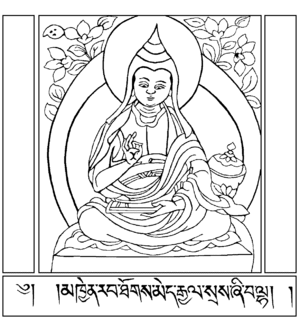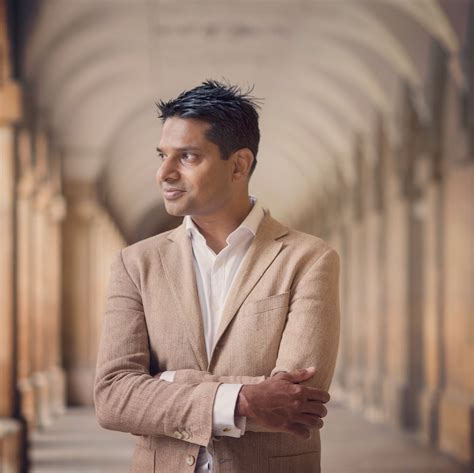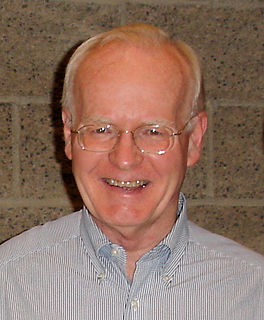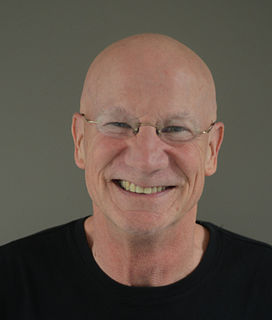A Quote by Carl Jung
Only one who has risked the fight with the dragon and is not overcome by it wins the "treasure hard to attain." He alone has a genuine claim to self-confidence, for he has faced the dark ground of his self and thereby has gained himself. This experience gives him faith and trust.
Related Quotes
It is disgraceful to live at the cost of one's self-respect. Self-respect is the most vital factor in life. Without it, man is a cipher. To live worthily with self-respect, one has to overcome difficulties. It is out of hard and ceaseless struggle alone that one derives strength, confidence and recognition.
His constant fight is with the Nafs (self-interest), the root of all disharmony and the only enemy of man. By crushing this enemy man gains mastery over himself; this wins for him mastery over the whole universe, because the wall standing between the self and the Almighty has been broken down. Gentleness, mildness, respect, humility, modesty, self-denial, conscientiousness, tolerance and forgiveness are considered by the Sufi as the attributes which produce harmony within one's own soul as well as within that of another.
Only to the extent that someone is living out this self transcendence of human existence, is he truly human or does he become his true self. He becomes so, not by concerning himself with his self's actualization, but by forgetting himself and giving himself, overlooking himself and focusing outward.
If any man would come after me, let him deny himself." The disciple must say to himself the same words Peter said of Christ when he denied him: "I know not this man." Self-denial is never just a series of isolated acts of mortification or asceticism. It is not suicide, for there is an element of self-will even in that. To deny oneself is to be aware only of Christ and no more of self, to see only him who goes before and no more the road which is too hard for us. Once more, all that self denial can say is: "He leads the way, keep close to him.
In the present age, man proves his separation from his Creator by his spirit of self-sufficienc y and positive rejection of God. The present issue between God and man is one of whether man will accept God's estimate of him, abandon his hopeless self-struggle, and cast himself only on God who alone is sufficient to accomplish his needed transformation.
Faith takes us to deep places, to the ruptures in our self-confidence and our lives. Do not settle for spiritual comfort all the time...Darkness is divine also. Faith is not about positive thinking so much as about what kicks in when we are weak, sick, and short of self-confidence. The via positiva never stands alone. The via negativa is always with us on our faith journey as well.
It is doubtful whether our present system of popular education does not retard independent or self thinking as much as it promotes it. All genuine education is self-education. It will incite the individual to think for himself, by rethinking what the race's great thinkers have already thought for him, thus enabling him to go ahead under his own mental steam.
According to the Buddha, the failure to recognize the illusion of the self is the source of all ignorance and unhappiness. It is only by renouncing the self, that is, by dropping his ego defences and committing metaphorical suicide, that a person can open up to different modes of being and relating and thereby transform himself into a pure essence of humanity. In so doing, he becomes free to recast himself as a much more joyful and productive person, and attains the only species of transcendence and immortality that is open to man.
The question "Is this an act of self-love or is it an act of self-sabotage?" is
one you must consistently ask yourself if you are committed to having all
that you want and all that you deserve. When you love yourself you feel
worthy and deserving of claiming the gifts of this world. Self-love gives you
peace of mind and balance. Self-love gives you self-respect and the ability
to respect others. It gives you the confidence to stand up and ask for what
you want. Self-love is the main ingredient in a successful, fulfilled life.
The great characteristic of men of active genius is a sublime self-confidence, springing not from self-conceit, but from an intense identification of the man with his object, which lifts him altogether above the fear of danger and death, which gives to his enterprise a character of insanity to the common eye, and which communicates an almost superhuman audacity to his will.
The very act of faith by which we receive Christ is an act of the utter renunciation of self, and all its works, as a ground of salvation. It is really a denial of self, and a grounding of its arms in the last citadel into which it can be driven, and is, in its principle, inclusive of every subsequent act of self-denial by which sin is forsaken or overcome.
Once the idea of a supernaturalistic creation is fully overcome, the idea returns that the universe must be self-organizing and therefore composed of self-moving parts. Also, insofar as dualistic assumptions are fully overcome and human experience is accepted as fully natural, it begins to seem probable that something analogous to our experience and self-movement is a feature of every level of nature.
Pride takes innumerable forms but has only one end: self-glorification. That’s the motive and ultimate purpose of pride—to rob God of legitimate glory and to pursue self-glorification, contending for supremacy with Him. The proud person seeks to glorify himself and not God, thereby attempting in effect to deprive God of something only He is worthy to receive



































